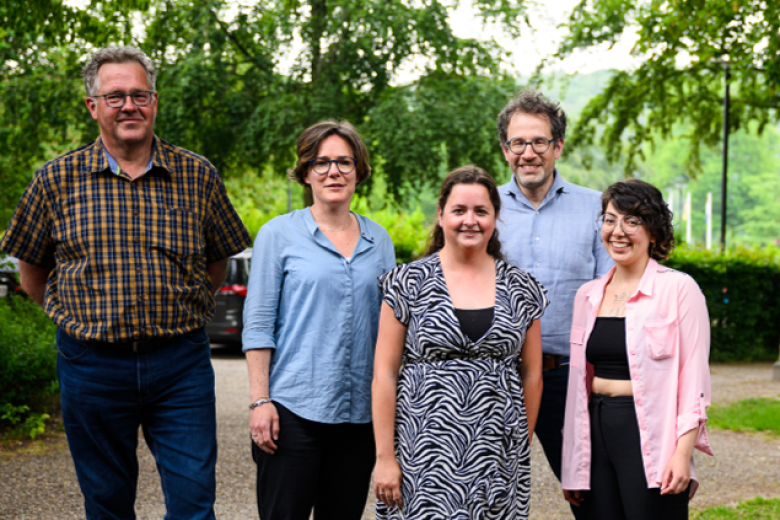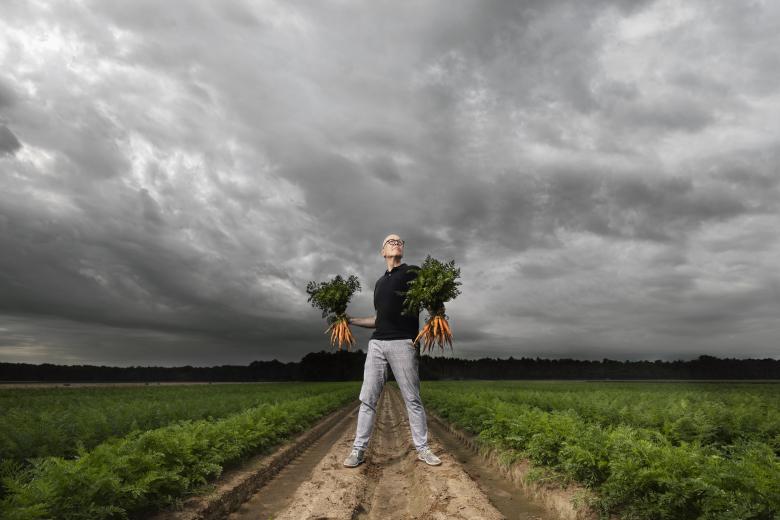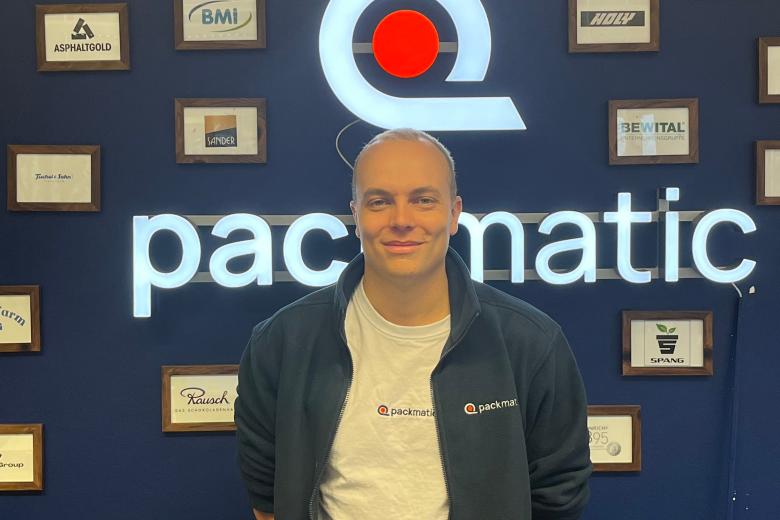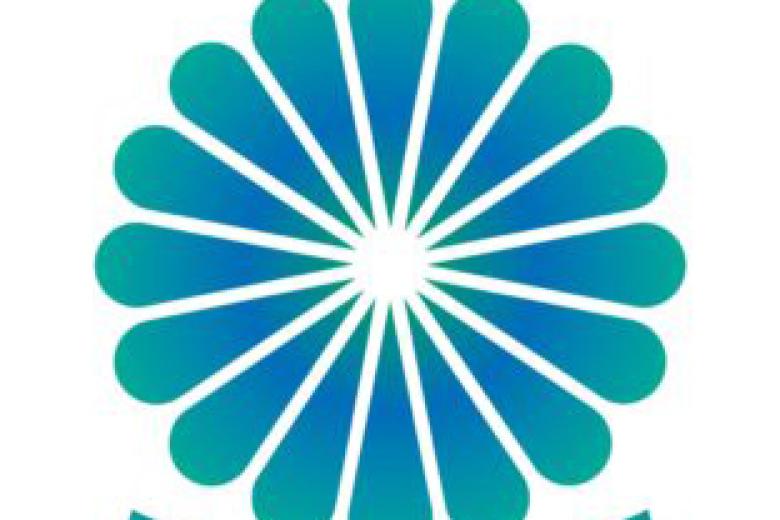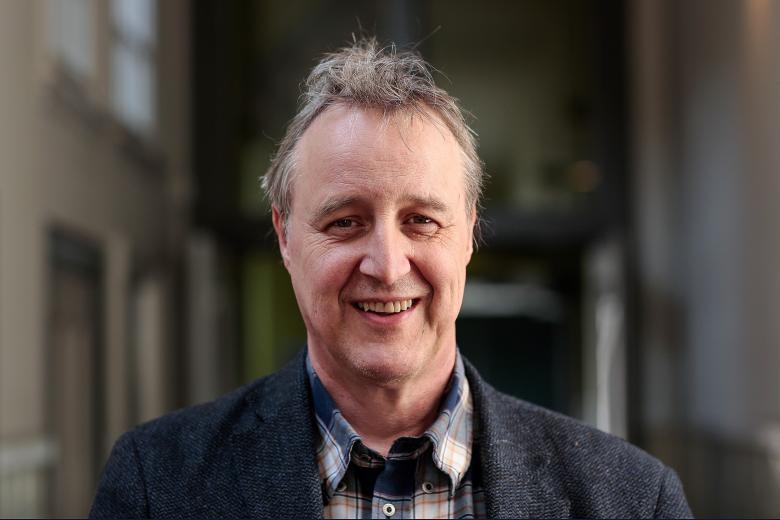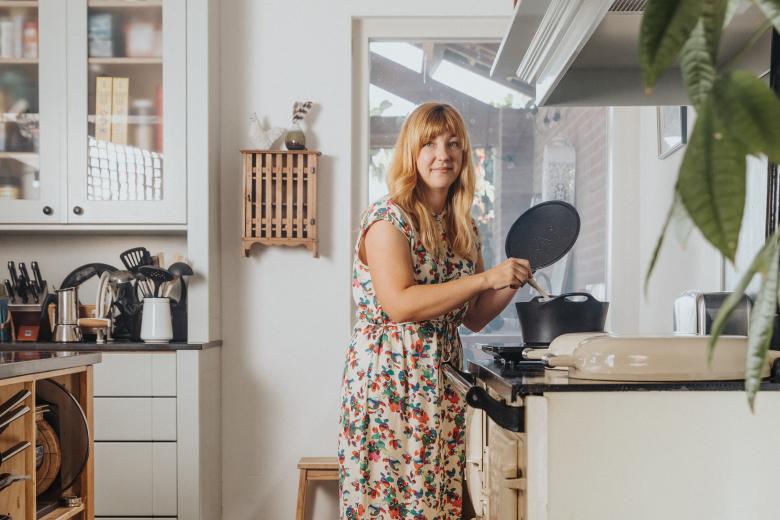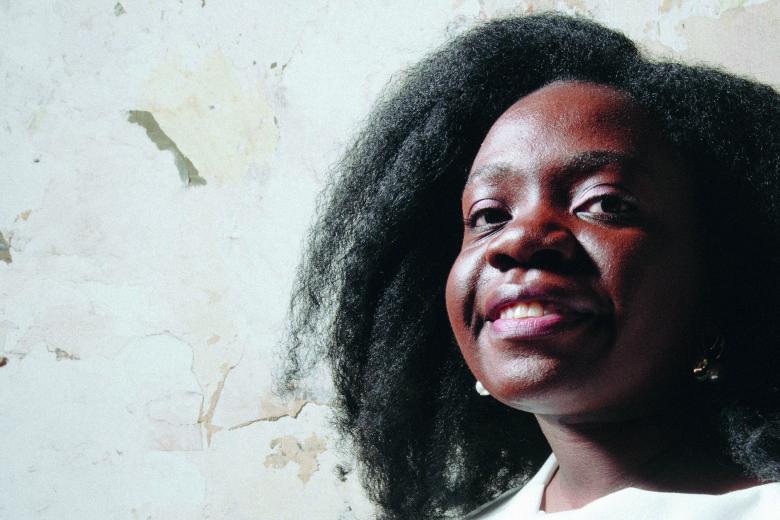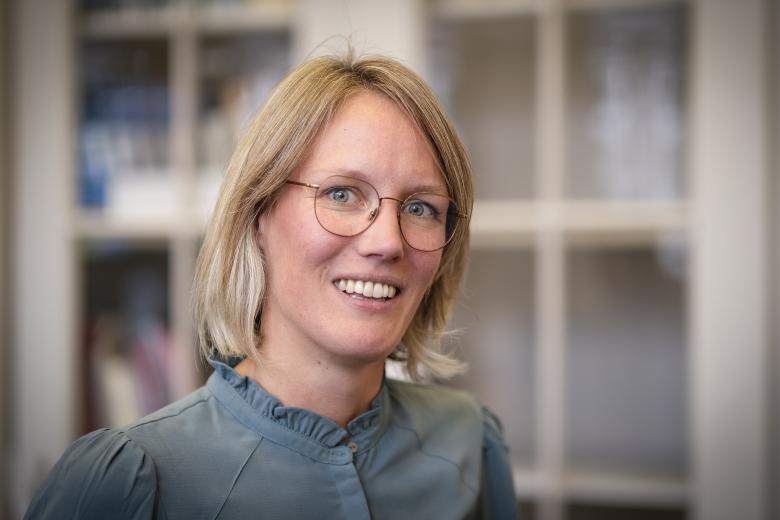Socioeconomic Inequality and Type 2-Diabetes Mellitus
At the CAPHRI research institute in Maastricht, a 5-member team led by Professor Hans Bosma is working on a large-scale study on socioeconomic inequality and Type 2 Diabetes Mellitus (T2DM). In this, they are looking at underlying factors such as the living and working environment of people with a...
